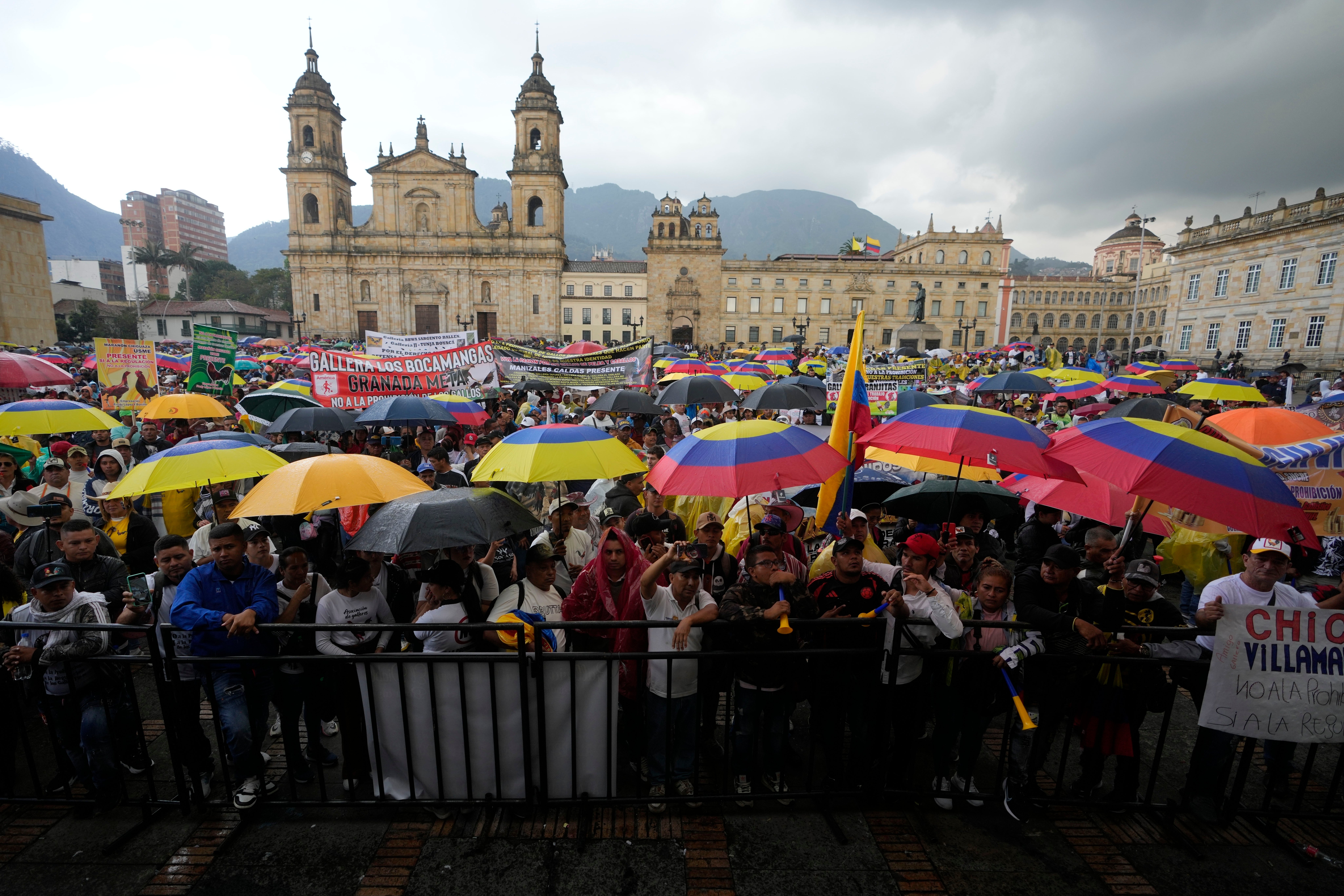Countries that have cashed in on their top-level domain names
Anguilla is raking in extra unexpected revenue from registration fees for its

Your support helps us to tell the story
From reproductive rights to climate change to Big Tech, The Independent is on the ground when the story is developing. Whether it's investigating the financials of Elon Musk's pro-Trump PAC or producing our latest documentary, 'The A Word', which shines a light on the American women fighting for reproductive rights, we know how important it is to parse out the facts from the messaging.
At such a critical moment in US history, we need reporters on the ground. Your donation allows us to keep sending journalists to speak to both sides of the story.
The Independent is trusted by Americans across the entire political spectrum. And unlike many other quality news outlets, we choose not to lock Americans out of our reporting and analysis with paywalls. We believe quality journalism should be available to everyone, paid for by those who can afford it.
Your support makes all the difference.Anguilla is raking in extra revenue from registration fees for its .ai web domain thanks to the artificial intelligence boom, but it's not the only place cashing in on demand for websites with distinctive address endings.
Here's a look at some other places cashing in on their unique top-level domains:
TUVALU
Tuvalu is a string of coral atolls, scattered over hundreds of miles in the Pacific Ocean, located midway between Australia and Hawaii. It has one of the world's smallest economies and its low-lying islands are vulnerable to climate change, but it does have a very valuable resource: the .tv web domain. Royalties from .tv, which web users might assume is short for television, have been climbing, especially after videogame streaming platform Twitch licensed the web address twitch.tv.
LIBYA
The North African country, which has been plagued by turmoil since longtime dictator Moammar Gadhafi's death in 2011, isn't readily associated with internet culture. But Libya controls web addresses that end in .ly, which have become widely used as a so-called domain hack for websites with English names that end in -ly. Well-known examples include bit.ly, used by the weblink shortening service Bitly, and parse.ly, the website for online analytics platform Parse.ly.
MONTENEGRO
This Balkan country became an independent nation after the breakup of Yugoslavia. It's one of Europe's smaller countries — about 620,000 people — bordered by the Adriatic Sea, Bosnia, Kosovo, Serbia and Albania. Montenegro was assigned the .me web domain, which has become popular with people who want to claim their pronoun for personal branding.
Websites ending in .me are “often used for personal websites, portfolios, blogs and online resumes or portfolios because ‘me’ can be seen as a way to personalize an online presence,” website builder Wix says.
COLOMBIA
Websites that end in .co aren't from a generic web domain for companies, like .com sites. The .co domain is assigned to Colombia, but the South American country allows anyone to sign up for its web addresses. Internet registrar GoDaddy says more than 2 million .co web domains have been claimed, including addresses claimed by Big Tech names like Amazon which uses it to redirect online shoppers to its .com home page. Google, meanwhile, informs visitors to g.co that the link is it's official shortcut.